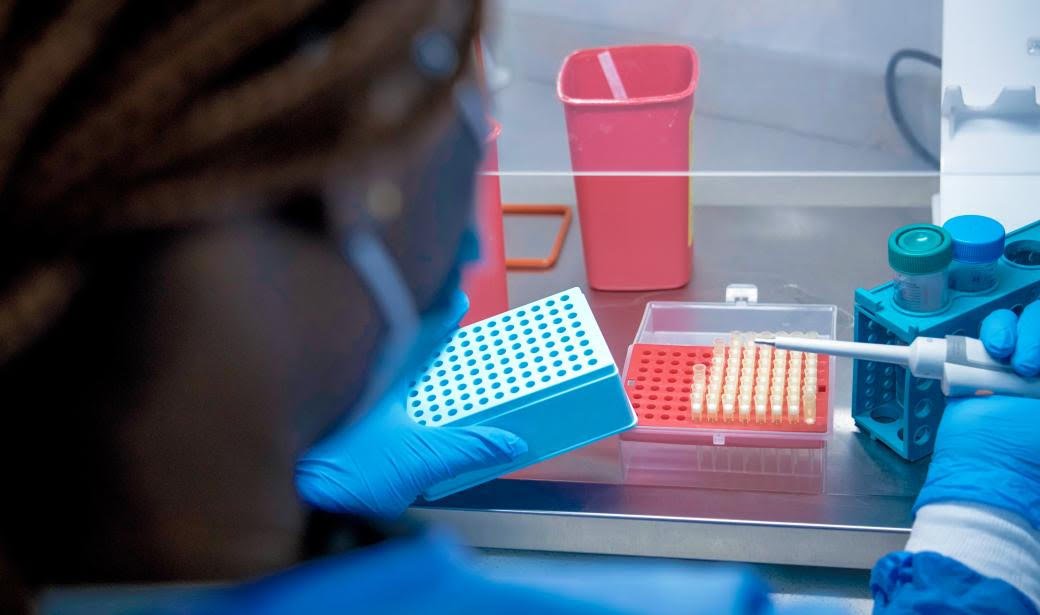…As Expert, Dr Okeke Criticises Multiple Challenges in Controlling Disease
Tuberculosis (TB) remains a deadly and persistent health threat across Africa, with a sharp increase in new infections recorded in 2023, the World Health Organization’s (WHO) raises concerns in the Global Tuberculosis Report 2024.
The report attributes the surge to a deadly mix of high-risk factors including HIV, undernutrition, alcohol use, diabetes, and tobacco smoking — with men being disproportionately affected.
The latest report highlights how deeply intertwined health and social vulnerabilities continue to drive TB transmission across the continent.
Director of the WHO Global TB Programme, Dr. Tereza Kasaeva, emphasized that the fight against tuberculosis has evolved beyond targeting a single disease.
“It’s now about how we tackle malnutrition, lifestyle choices, HIV, and chronic conditions through a unified response,” she said. “Cross-sector collaboration is not optional; it’s essential if we are to meet the global End TB targets by 2030.”
The WHO report, based on data from 193 countries and territories representing over 99% of the global population, provides what it calls “the most comprehensive and up-to-date assessment of the TB epidemic.” It tracks progress in TB prevention, diagnosis, and treatment — and for the first time, includes digital tools such as interactive graphics, regional dashboards, and a mobile app to help stakeholders monitor trends more efficiently.
Experts say addressing TB in Africa demands integrated solutions targeting both health and socio-economic drivers.
“You can’t treat TB in a silo,” said a Nairobi-based public health expert, Dr. John Mboya.
“We need integrated health programs that address HIV, diabetes, substance abuse, and food insecurity all at once.”
In Nigeria, a consultant physician at Kubwa General Hospital, Abuja, Dr. Nnamdi Okeke, echoed this sentiment in an interview with African Health Report.
“TB control in Nigeria faces multiple challenges,” Dr. Okeke said. “We continue to see cases linked not just to HIV, but also to poor nutrition, overcrowded living conditions, and rising diabetes cases. Our health system must evolve to tackle all of these together — otherwise, we are only scratching the surface.”
The WHO has called on African governments and international development partners to scale up investments in TB response systems, strengthen healthcare infrastructure, and address social determinants like poverty, malnutrition, and housing conditions.
“Ending TB is still possible,” Dr. Kasaeva emphasized, “but only if we act together — now.”



